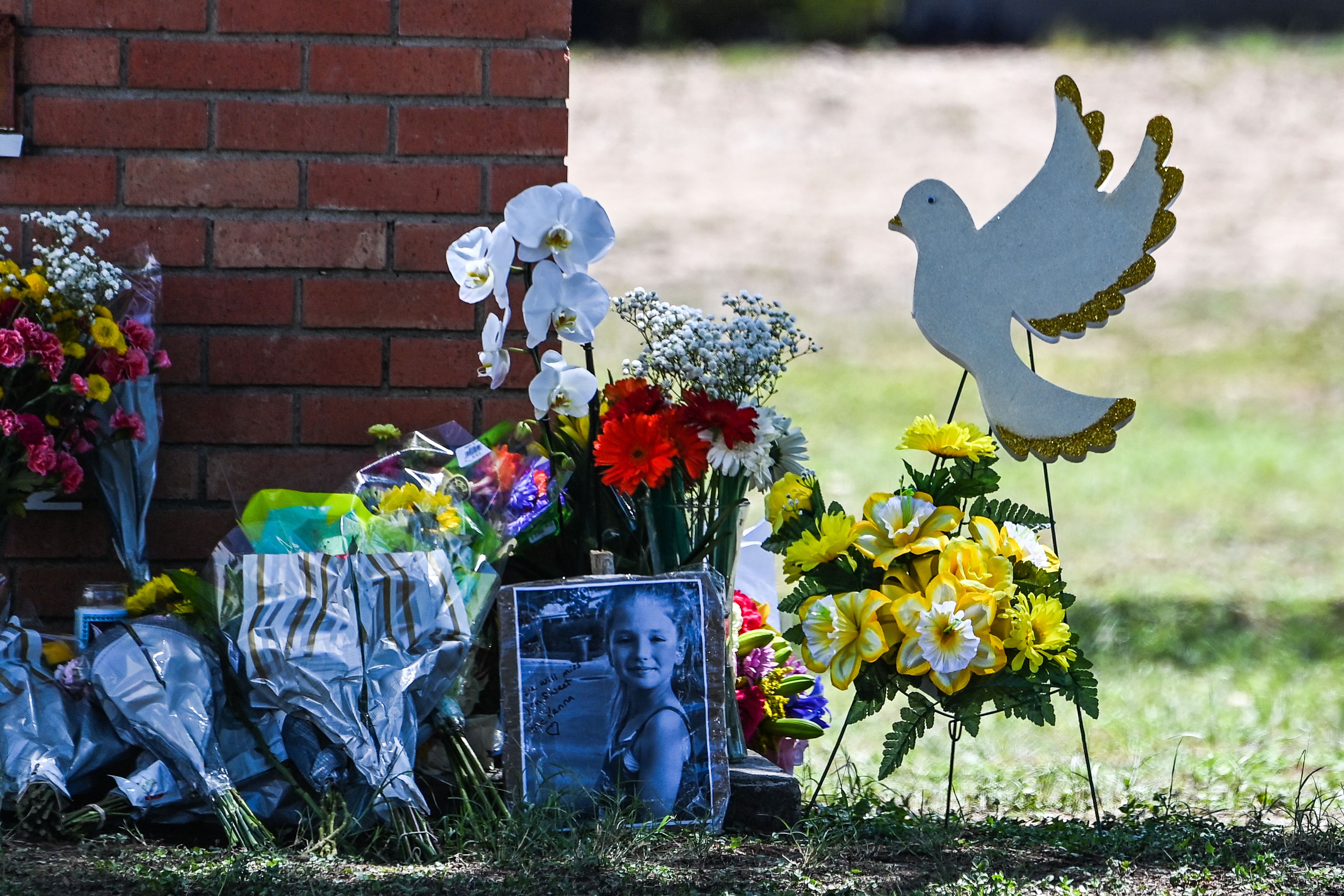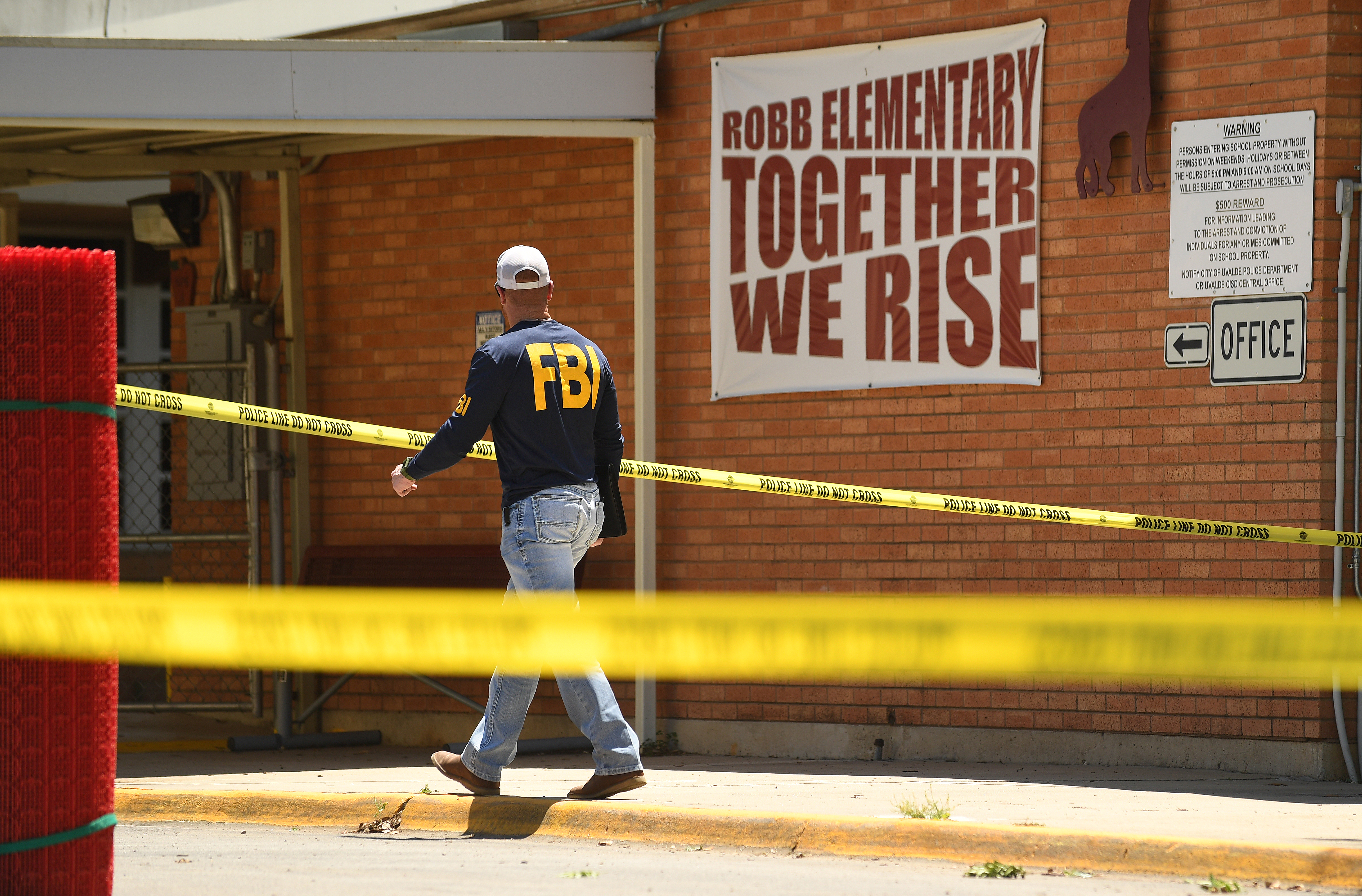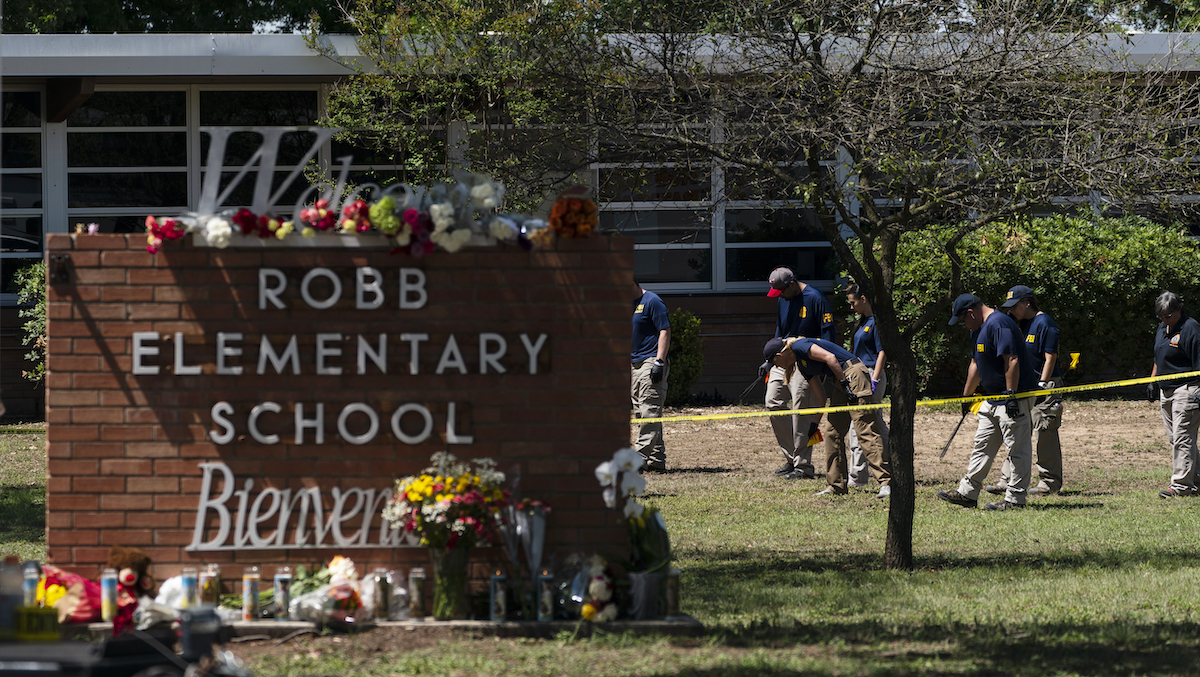The grief and pain being witnesses in Uvalde, Texas, after a gunman killed 19 schoolchildren and two teachers is difficult to process for ay adult, let alone a child. But parents are still facing the tough question: How do you talk to your kids after yet another school shooting?
For mom Maria Richards, she is thankful her 2-year-old daughter Alina is too young to comprehend what happened. Even as her mother, Richards herself isn't sure she can ever fully grasp the tragic events.
"I can't even process what happened. You're supposed to be safe at school and I don't even want to send her to school when it's time," Richards said.
Get Tri-state area news and weather forecasts to your inbox. Sign up for NBC New York newsletters.
What happened in the classroom in Texas — as well as in Parkland, Sandy Hook and too many others to name — is unfathomable to most adults, but even more so for children. The news is inescapable, but talking kids through it is critical, according to an expert.
"The horrific nature of it doesn't make it frequent. Yes, it’s horrible but it’s unlikely to happen here," said Dr. Maurice Elias, the director the Social-Emotional and Character lab at Rutgers University.
He believes that reassuring children and easing their anxiety is crucial, and while it's hard to understand how a person barely 18 years old can harbor such anger, hate and pain to take innocent lives, Elias said it is what kids are taught at home and at school that can make the difference.
“Our children need to learn the socio-emotional skills of being a good person, to solve their problems without violence," he said.
Expecting her second child, Richards said it may likely be her last she has.
"It makes me rethink everything because, what future can you even give them if you don’t even know what’s going to happen today, or who is going to wake up today and be angry at the world? It's definitely scary," she said. "It’s scary to even be here, to go anywhere really. It’s always happening. And nothing is being done and everyday there’s a new story."
Dr. Elias said that changing that narrative will require action, not just reaction.
"We need to cry less and scream more. If we allow yet another one of these incidents to go by without any action taking place, we have to look in the mirror and say it's on us," Elias said. "We have to, in the words of John Lewis, be ready to get into trouble, good trouble."




